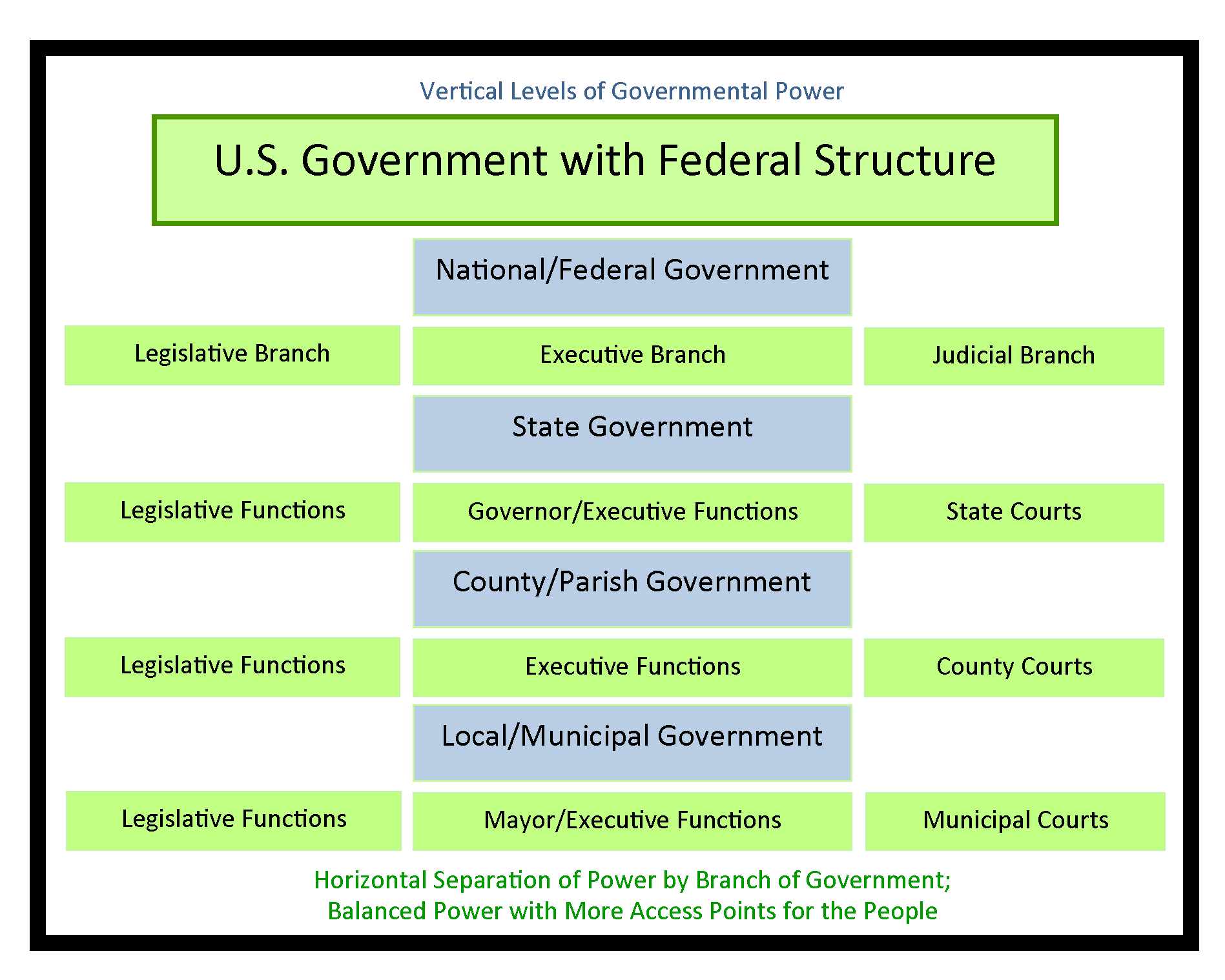The basic functions of government encompass a wide range of responsibilities that ensure the orderly functioning of society. Governments around the world are established to provide security, maintain order, deliver public services, and promote the general welfare of their citizens. This article aims to explore the essential roles that governments play in our daily lives, and how these functions contribute to the overall stability and growth of a nation.
In this exploration, we will delve into the various functions of government, including law enforcement, economic management, social services, and more. Each function plays a crucial role in shaping a society that is fair, just, and prosperous. As we analyze these functions, we will also look at how they are interrelated and how they impact the lives of individuals and communities.
Understanding the basic functions of government is not only important for citizens but also for anyone interested in the dynamics of societal governance. This knowledge empowers individuals to engage more effectively with their government and advocate for their rights and needs. So, let’s embark on this journey to uncover the fundamental roles that governments fulfill in our lives.
Table of Contents
- 1. Maintaining Law and Order
- 2. Providing Public Services
- 3. Economic Management
- 4. Social Welfare and Protection
- 5. National Defense
- 6. Regulation and Oversight
- 7. Promoting Justice
- 8. Facilitating International Relations
1. Maintaining Law and Order
One of the primary functions of government is maintaining law and order. This responsibility is primarily executed through law enforcement agencies, which are tasked with enforcing laws, preventing crime, and ensuring the safety of citizens. Here are key aspects of this function:
- **Law Enforcement**: Police forces play a critical role in upholding the law and responding to criminal activities.
- **Judicial System**: Courts interpret laws and provide justice, ensuring that laws are applied fairly.
- **Crime Prevention**: Governments implement various programs aimed at reducing crime rates, such as community policing and crime prevention initiatives.
2. Providing Public Services
Another essential function of government is the provision of public services that benefit the community as a whole. These services are crucial for the well-being of citizens and include:
- **Education**: Governments provide public education to ensure that all children have access to quality learning opportunities.
- **Healthcare**: Public health services are essential for maintaining the health of the population, including vaccination programs and emergency services.
- **Infrastructure**: Governments invest in infrastructure such as roads, bridges, and public transport systems to facilitate movement and commerce.
3. Economic Management
The government plays a vital role in managing the economy. This function includes a variety of activities aimed at ensuring economic stability and growth:
- **Fiscal Policy**: Governments regulate spending and taxation to influence the economy.
- **Monetary Policy**: Central banks manage the money supply and interest rates to control inflation and stabilize the currency.
- **Employment Programs**: Many governments implement programs designed to reduce unemployment and promote job creation.
4. Social Welfare and Protection
Social welfare programs are designed to support individuals and families in need, ensuring a safety net for the most vulnerable members of society:
- **Unemployment Benefits**: Governments provide financial assistance to individuals who are temporarily out of work.
- **Housing Assistance**: Programs that offer affordable housing options for low-income families.
- **Food Assistance**: Initiatives such as food stamps help ensure that all citizens have access to adequate nutrition.
5. National Defense
National defense is a critical function of government, ensuring the protection of a country’s sovereignty and its citizens:
- **Military Forces**: Governments maintain armed forces to defend against external threats.
- **Intelligence Services**: Agencies monitor and assess risks to national security, preventing potential attacks.
- **Disaster Response**: Governments prepare for and respond to natural disasters, ensuring public safety and recovery.
6. Regulation and Oversight
Governments establish regulations to oversee various industries, protecting consumers and maintaining fair competition:
- **Consumer Protection**: Agencies enforce laws that protect consumers from fraud and unsafe products.
- **Environmental Regulations**: Governments implement policies to protect natural resources and promote sustainability.
- **Labor Laws**: Regulations ensure fair treatment of workers, including minimum wage and workplace safety standards.
7. Promoting Justice
Justice is a cornerstone of a functioning society, and governments are responsible for ensuring that justice is served:
- **Legal Framework**: Governments create laws that establish rights and responsibilities for all citizens.
- **Access to Justice**: Programs are established to ensure that individuals can seek legal representation and assistance.
- **Restorative Justice**: Some governments implement alternative justice measures that focus on rehabilitation and reconciliation.
8. Facilitating International Relations
Governments engage in international relations to foster cooperation and peace among nations:
- **Diplomacy**: Governments maintain diplomatic relations with other countries to promote trade, security, and cultural exchange.
- **International Treaties**: Agreements are made to address global issues such as climate change, trade, and human rights.
- **Foreign Aid**: Governments provide assistance to other countries in need, promoting stability and goodwill.
Conclusion
In summary, the basic functions of government are essential to maintaining order, providing public services, managing the economy, and protecting citizens. Understanding these functions empowers individuals to engage with their government and advocate for their needs. As active participants in a democracy, citizens can influence policy decisions and contribute to the betterment of their communities.
We encourage you to leave a comment below to share your thoughts on the functions of government, or explore other articles on our site to deepen your understanding of governance and civic engagement.
Closing Remarks
Thank you for taking the time to read about the basic functions of government. We hope this article has provided valuable insights into the critical roles that governments play in shaping our lives. We look forward to your return for more informative articles in the future!



